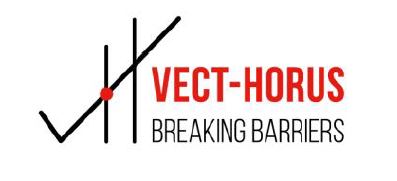The human brain has always been perceived as the most complicated and mysterious thing in the universe, perhaps not only because of its psychological functions but also physiological components. Besides neurologists, pharmacists are the ones who experience and cope with these complexities day in day out. As a consequence of the growing aging population, many neurodegenerative diseases, such as stroke, Alzheimer’s disease, and Parkinson’s disease as well as cancer, are becoming more prevalent. As a result, pharmaceutical companies are under increasing pressure to produce novel and effective drugs. However, their path to successful drug delivery is paved with multiple challenges.
For one, getting therapeutic agents to the nervous tissue of the CNS has been a long-unsolved industry predicament due to a unique vascular system called the blood-brain barrier (BBB) that prevents over 98 percent of all small-molecule drugs, and close to 100 percent of large-molecule drugs, from passing from blood, across the blood vessels into the nervous tissue. This leads to low efficacy and high attrition rates for drug developers. Added to this, Pharma companies also struggle with improving therapeutic or diagnostic benefits while minimising both dose-levels and side-effects of newly developed molecules. These can be achieved by enhancing the targeted delivery of drugs or imaging agents to tissues of interest and thus limiting their off-target effects. This is where Vect-Horus is in a class by itself.
La liste annuelle de 10 entreprises à l’avant-garde de fournir des solutions de découverte et de développement de médicaments et transformer les entreprises. Lire la suite
Autres actualités


